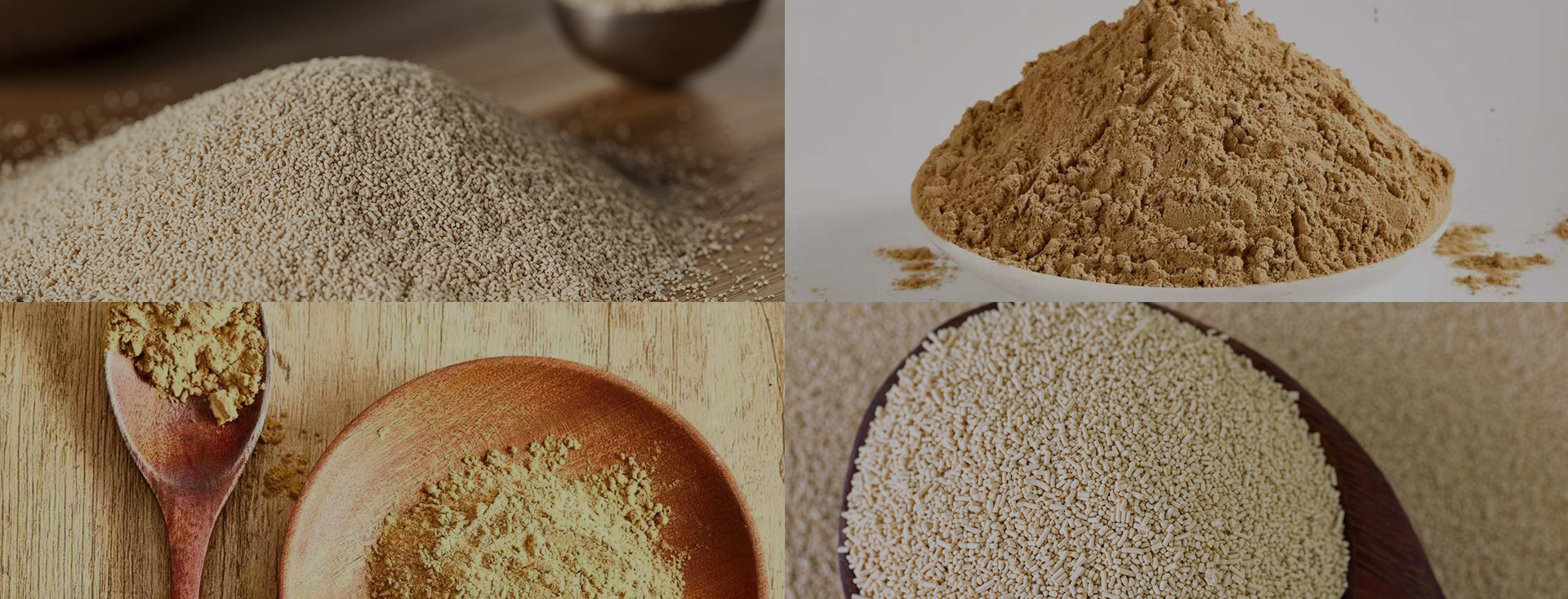Feed Additives
Feed Additives
Feed-grade betaine is a natural quaternary ammonium alkaloid, primarily extracted from sugar beets. It combines nutritional benefits with physiological regulatory functions. It provides animals with methyl donors, promoting protein synthesis and fat metabolism, thereby enhancing growth performance. Additionally, it helps regulate cellular osmotic pressure, boosting animals' resilience to stress factors such as cold, heat, and transportation. Moreover, it improves feed palatability and increases feed intake, making it widely applicable in livestock, poultry, and aquaculture—green and highly efficient.
Feed-grade 25-hydroxyvitamin D₃ is the active metabolite of vitamin D₃. It is widely used in livestock and poultry feed, helping to promote bone development, enhance reproductive performance, boost immune function, and improve meat quality.
Boclohui extract, with its unique antibacterial, anti-inflammatory, and growth-promoting properties, has become one of the key tools in modern intensive farming for achieving "antibiotic-free" and "health-focused" livestock production.
Prevents anemia, enhances hematopoietic function, improves reproductive performance in sows, and promotes better skin color and coat condition in piglets. For laying hens, it increases the richness and vibrancy of eggshell color.
For inhibiting harmful bacteria, improving intestinal health, and enhancing growth performance in animals.









